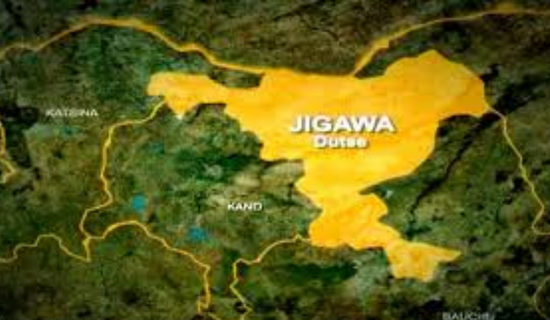The Jigawa State Government has embarked on an ambitious housing project aimed at addressing the pressing housing needs of its citizens and stimulating economic growth within the state. The government recently approved a substantial budget of N19.6 billion for the construction of 560 housing units across nine strategically selected local government areas: Babura, Birnin Kudu, Dutse, Gumel, Hadejia, Kafin Hausa, Kazaure, Maigatari, and Ringim. This initiative, designated as Phase II of the state’s Mass Housing Estate project, follows the successful completion and delivery of 500 housing units under Phase I last year. The new housing units will comprise a mix of three-bedroom detached and two-bedroom semi-detached houses, each equipped with perimeter fencing for added security and privacy. This project reflects Governor Umar Namadi’s commitment to inclusive development and sustainable urban growth within Jigawa State.
The impetus behind this significant investment in housing is multifaceted. Primarily, it aims to improve the living conditions of the people of Jigawa by providing access to affordable and decent housing. Furthermore, the project is expected to inject significant momentum into the local economy by generating employment opportunities through construction activities and related services. The influx of construction workers, the demand for building materials, and the subsequent increase in commercial activities around the new housing estates will contribute to a ripple effect of economic benefits across the state. This strategic investment in housing infrastructure represents a tangible step towards fulfilling the government’s commitment to improving the overall well-being of its citizens.
The decision to entrust the Jigawa State Housing Authority with the responsibility of overseeing and delivering the project demonstrates the government’s confidence in the agency’s capabilities. The Association of Housing Corporations of Nigeria (AHCN) has lauded this move, commending Governor Namadi’s administration for its commitment to addressing housing challenges and advocating for affordable, quality homes for the state’s residents. The AHCN emphasizes the importance of transparency, community engagement, and strategic collaboration with reputable private developers, where necessary, to ensure the efficient and effective utilization of allocated funds. This collaborative approach seeks to maximize the project’s impact and ensure its long-term sustainability.
The AHCN’s endorsement extends beyond simply acknowledging the Jigawa State Government’s efforts. It serves as a call to action for other state governments to emulate this proactive approach to housing provision. The association urges other states to prioritize housing development by allocating seed funds to their respective housing agencies and empowering them to effectively fulfill their statutory responsibilities. The AHCN specifically advises against assigning such responsibilities to state ministries of housing, arguing that their primary function should remain policy formulation rather than project execution. This distinction is crucial for ensuring efficient and focused implementation of housing initiatives.
The successful completion of Phase I of the Mass Housing Estate project, delivering 500 housing units, serves as a solid foundation for the current undertaking. The government’s commitment to continuity and expansion in the housing sector underscores its dedication to addressing the ongoing need for affordable housing options. By learning from the experiences and successes of the first phase, the Jigawa State Government can refine its strategies and further optimize the implementation of Phase II. This phased approach ensures a more measured and sustainable development of the housing sector, allowing for adjustments and improvements based on real-world outcomes.
The Jigawa State Government’s substantial investment in housing infrastructure is a significant step toward achieving its developmental goals. The project is poised to address the immediate need for affordable housing while simultaneously contributing to long-term economic growth and community development. By prioritizing transparency, engaging with local communities, and collaborating strategically with relevant stakeholders, the Jigawa State Government is laying the groundwork for a successful and sustainable housing program that will benefit its citizens for years to come. The project’s success will serve as a potential model for other states seeking to address their own housing challenges and promote inclusive growth.














